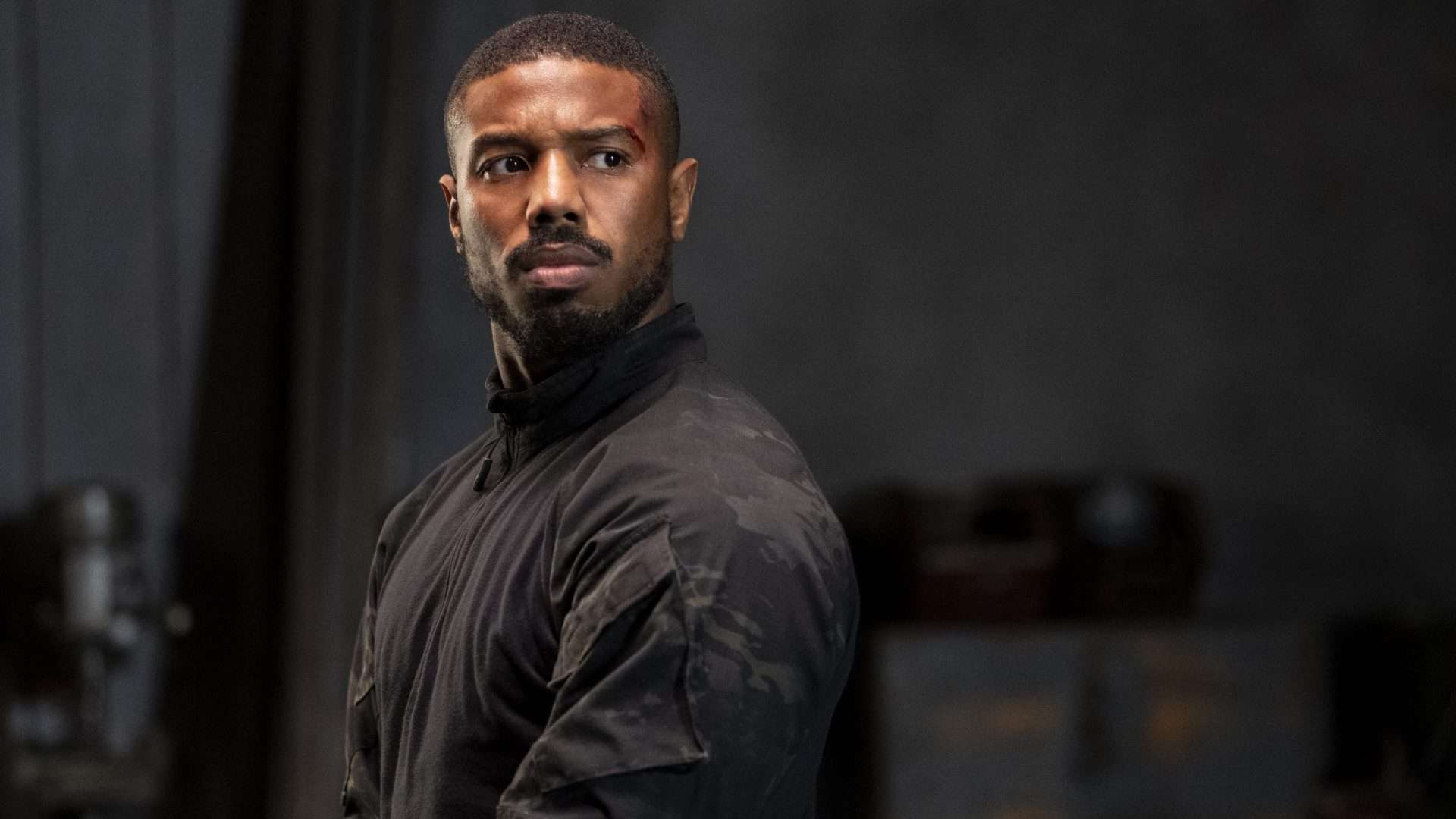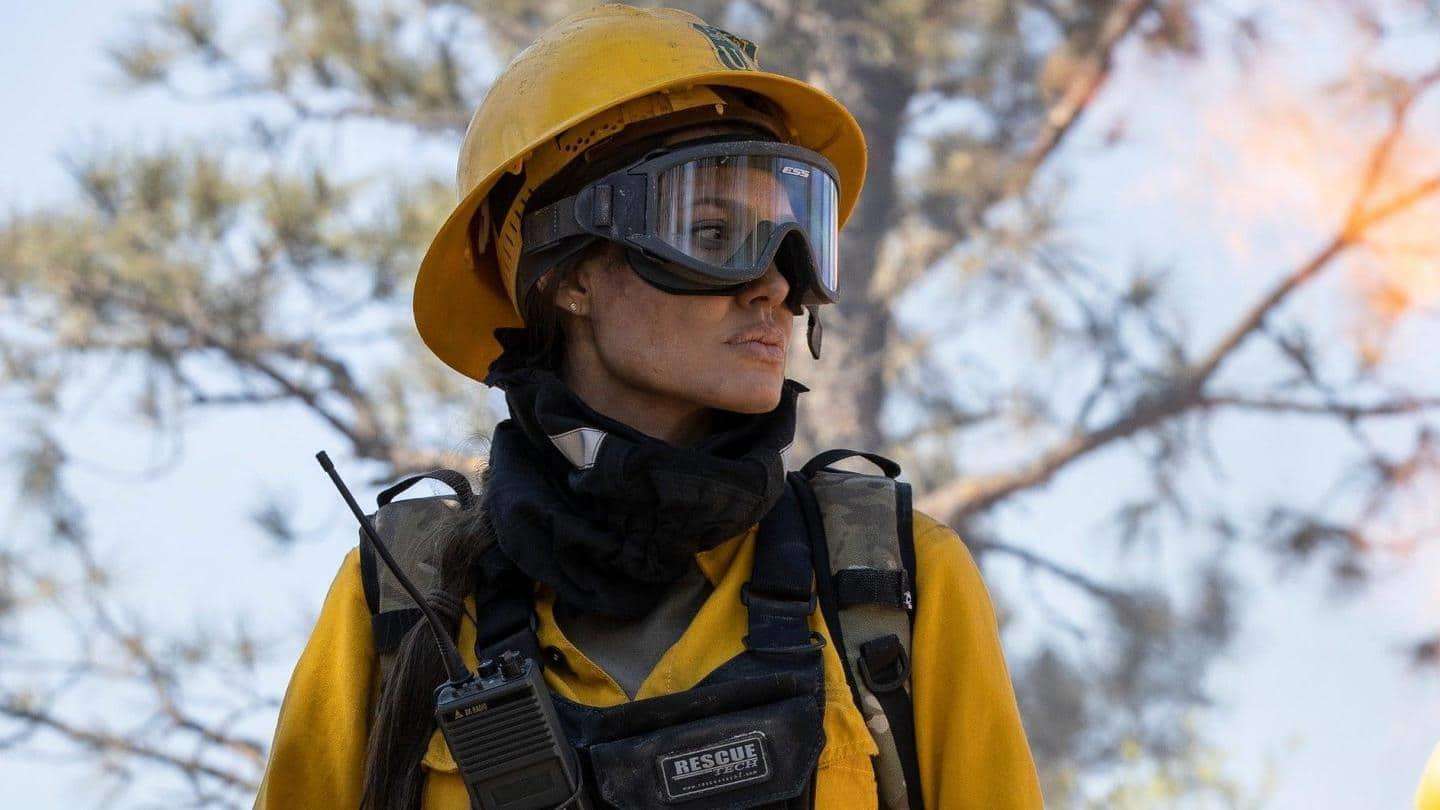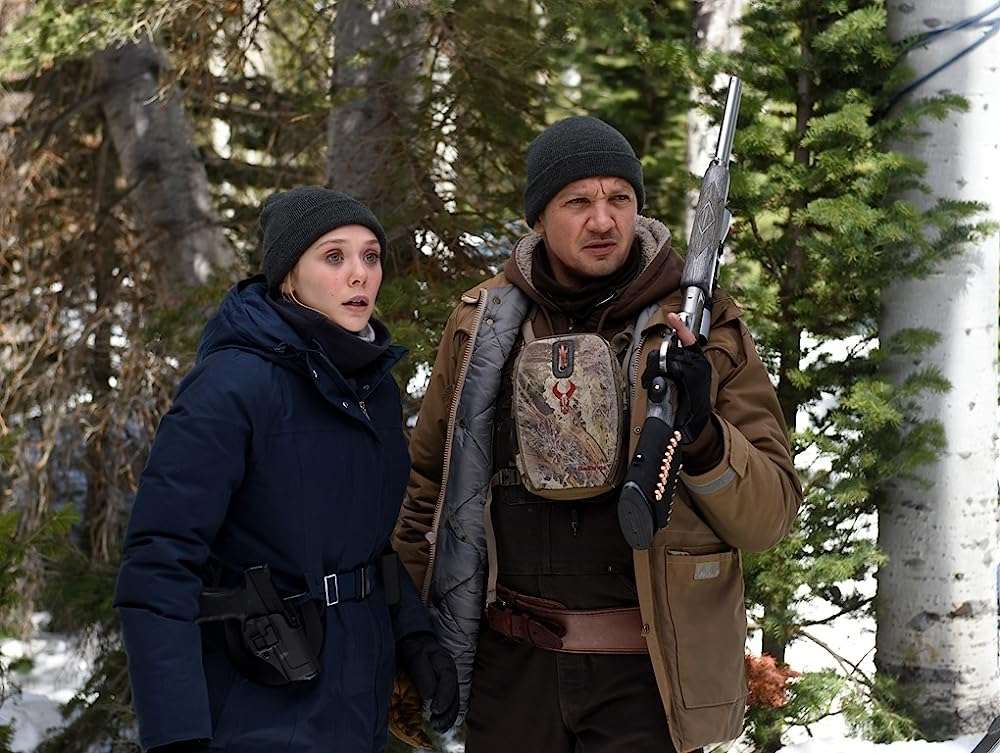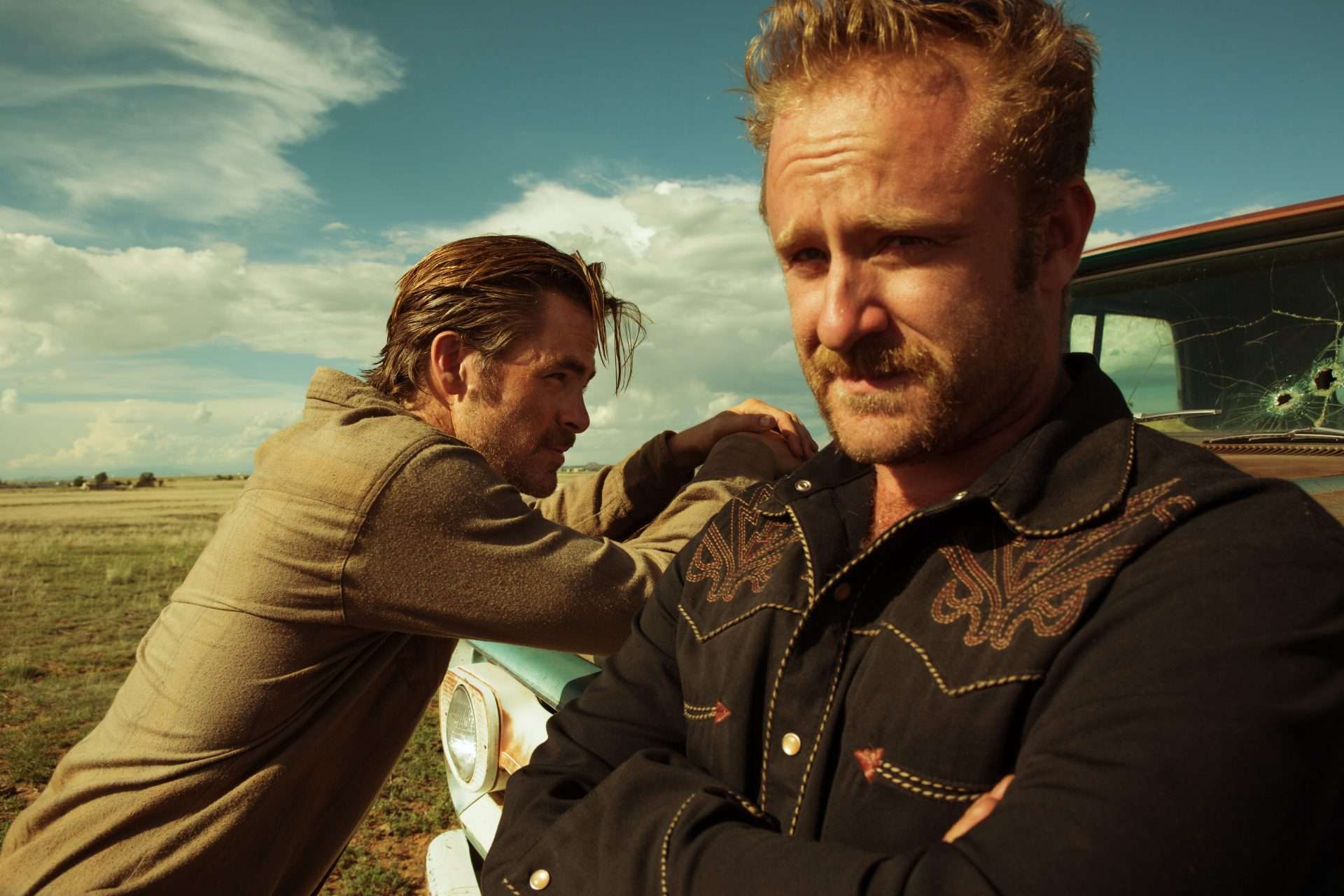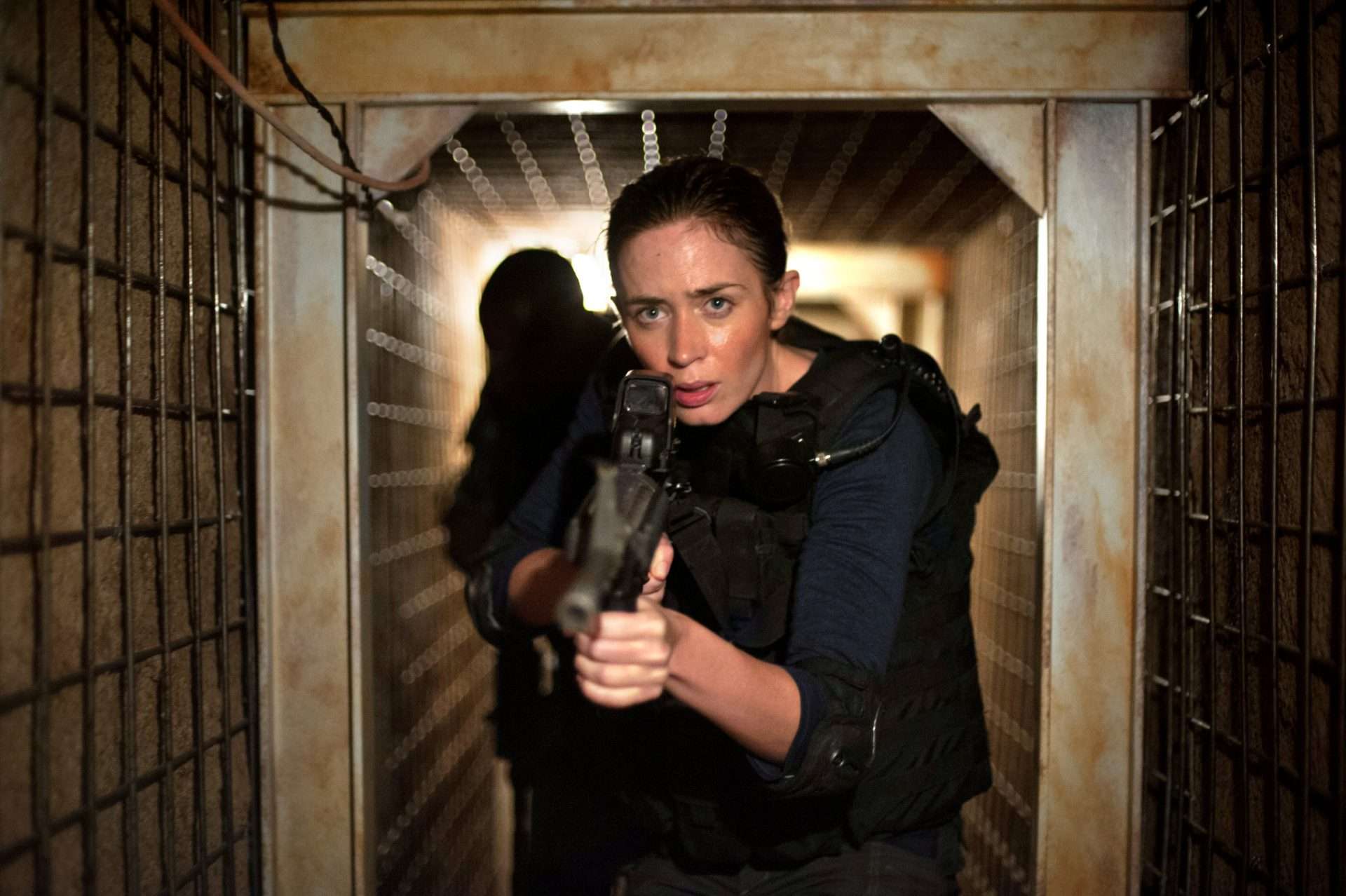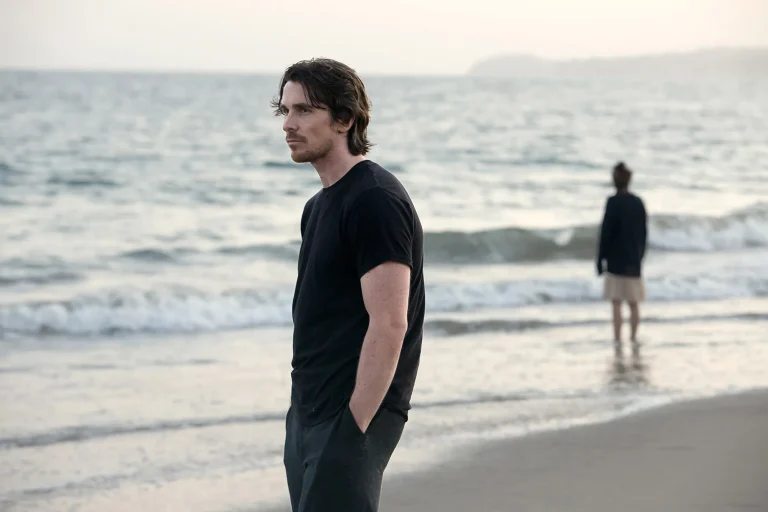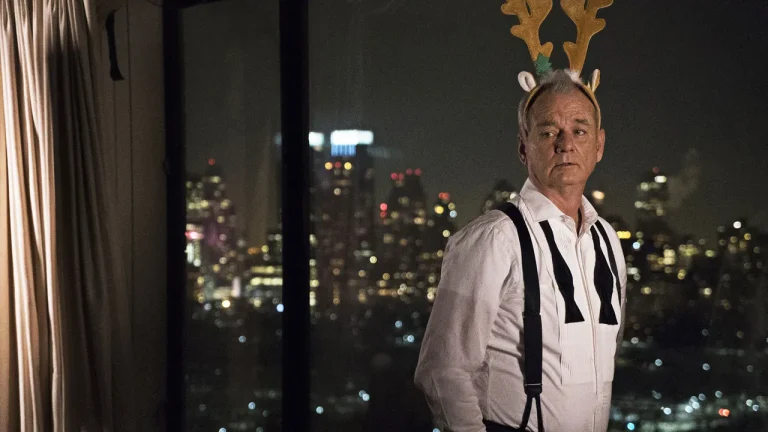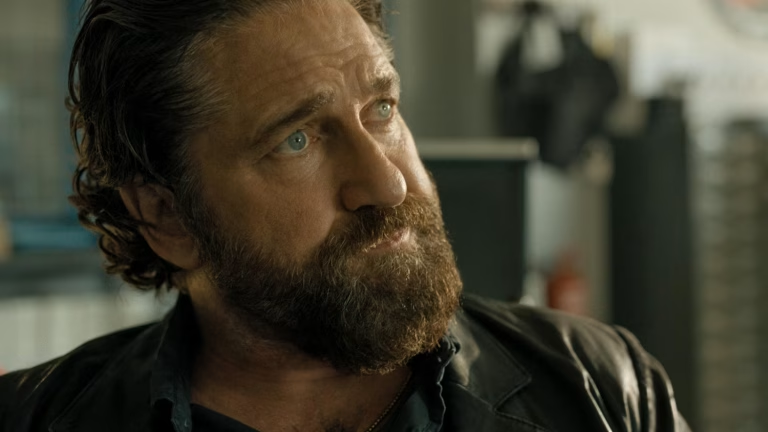As a Hollywood screenwriter, Taylor Sheridan comes with a body of work that has its strengths and weaknesses. A prolific filmmaker and actor who made his name, most prominently, playing David Hale in Sons of Anarchy, has written a range of scripts for the big and small screen alike. While his scripts come with their own inconsistencies and challenges, lifelessness is not one of them. A hint of moral ambiguity and human complexity is never compromised, even when it doesn’t see the full light of day.
Sheridan’s work as a writer is known for its no-nonsense approach toward most things, especially the protagonists. This also reflects in his interviews and opinions, for better or worse. A man who can mostly be seen behind adequately muscular westerns, he looks the part- stern and lean. However, the stubbornness often seems to cost an otherwise pretty-looking and decently compelling body of work because of an apparent admittance that he doesn’t do well in collaborating with writers, and his texture overbears on that of the colleague. He is also unbiased in his commitment and preference for the long-form over the feature-film format. Although he is sometimes criticized nearly as much for glorifying violence, that is another story for another day.
Most recently in the spotlight for the upcoming Special Ops: Lioness and other spin-offs of his marvelously successful TV run with Yellowstone, Sheridan is also set to write an upcoming movie called Fast, directed by Gavin O’Connor. On a more negative front, he has been trolled and rebuked for his comments on the WGA strike, with a Collider piece saying that his comments reveal “a dude out of touch with the working-class folks.”
However, what he does to his stories of the American West and elsewhere deserves their own celebration for what they mean to modern pop culture, so here is a comprehensively ranked list of the feature films he has written. Feel free to share your concerns with his body of work, and do mention your favorite Sheridan-written film below!
6. Tom Clancy’s Without Remorse
Adapted from the 1993 novel of the same name written, quite obviously, by Tom Clancy, Without Remorse is the kind of film that is not without its potential. Its narrative carries a degree of promise in its comments on faux patriotism and how the system can make pawns out of military men. Stefano Sollima, however, tries hard to show that he has made an author-backed action thriller, only goes on to reveal that the film is part of a larger problem everyone by now should have with the tactics of worn-out franchise filmmaking. Although Michael B. Jordan tries as much as he can to rescue a thinly written protagonist, the restrictive execution ensures he cannot do much.
Even excusing the lifelessness and the ordinary nature of it all and keeping account of the little effort that less than a handful of people have taken here to make the film watchable, at the very least, this would be the worst film Sheridan has ever written, the script being co-authored by Will Staples. As an adaptation, it must have fared poorly because the stakes never feel all that heightened, or for that matter, dramatic. The only thing it does well is Ritter’s character development, which significantly enhances Jamie Bell’s performance.
5. Sicario: Day of the Soldado (2018)
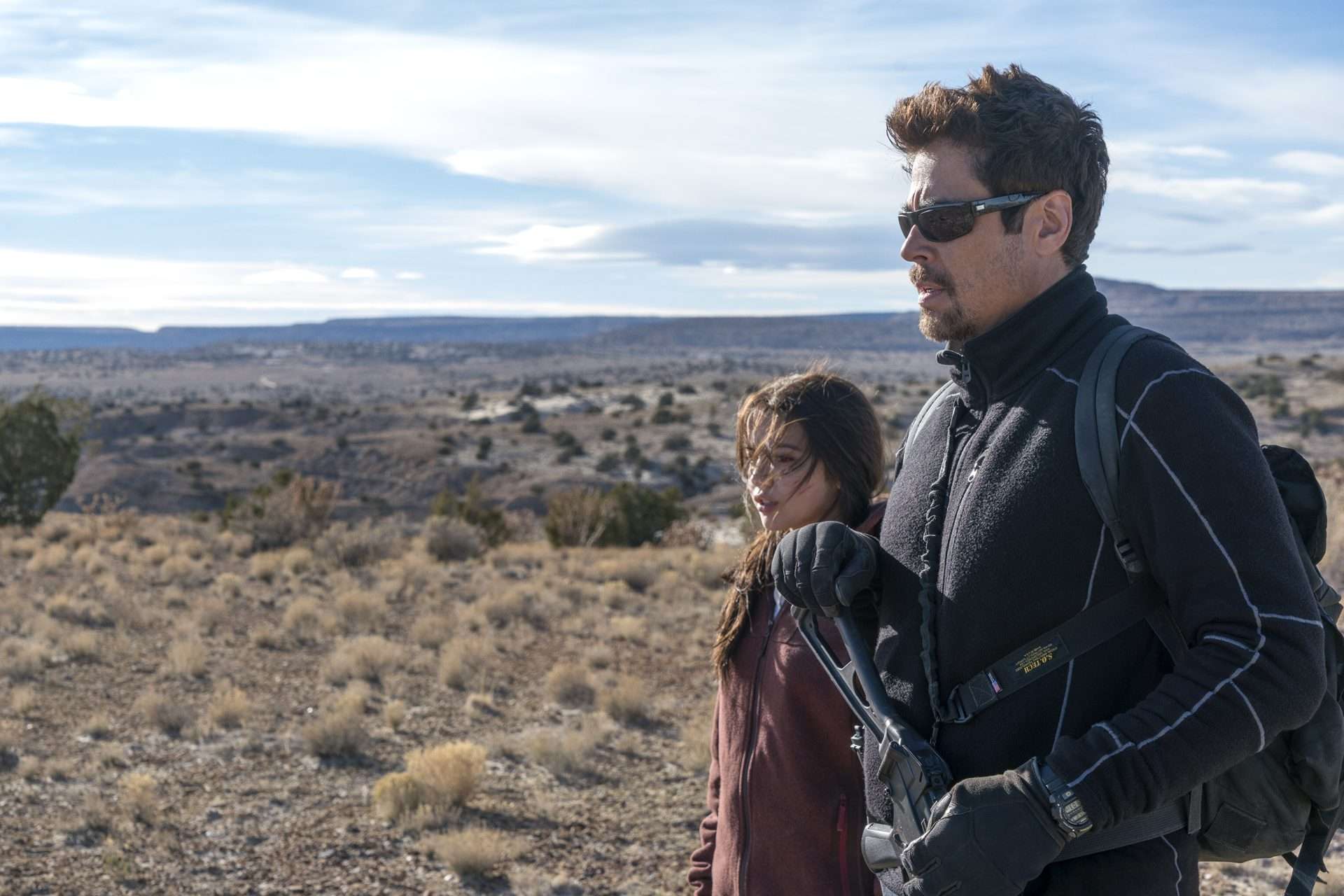
Perhaps the worst part of this sequel to Sicario is that it is not unnecessary at all, as most sequels to great stand-alone and complete films tend to be. The movies have complete endings, but Taylor Sheridan always envisioned them as three films about the American military and the drug cartel wars in Mexico. However, this film fumbles a lot in matching the knockout mastery of its predecessor. Although the conscious writing choice to go denser with characters, pack in louder action sequences, and have some heady exposition by the sidelines was uncalled for, not all of it is a script problem.
Although this is the better Stefano Sollima film of the two we have on the list, and the filmmaking is surprisingly competent, especially when it references the visual style of the original in the first act, the desire to open the emotional edges leaves much to be desired. Even without that, it is so unexciting and frustrating for the majority of the running time that it becomes easy to excuse its minor achievements and look at it as a mediocre piece of filmmaking more than anything else.
4. Those Who Wish Me Dead (2021)
A film that Taylor Sheridan himself directed, Those Who Wish Me Dead, is a film that works within its constrained 90s-survival-thriller algorithm in surprising ways. The film has been adapted from a 2014 novel of the same name written by Michael Koryta, which literary critics hailed at that time as the year’s most entertaining and thrilling summer read. Now, the intelligent and conscious inclusion of Koryta as a co-writer (the other co-writer being Charles Leavitt) leaves many of the book’s designs on the film, which works in favor of this lean, mean, and well-written survival drama.
Although the film is not perfect and comes with its loopholes, some of which are too obvious to overlook, the film serves as a potent and even atmospheric reminder of what star-driven entertainers used to look like and how for better or worse, they would never make them like these anymore. Although that equally explains the lukewarm reception, the film opened to. I think the film needed to be enjoyed a little more for what it was, and since the stakes come from the ordinary reality of an escaping boy who got lucky with the right person to trust, it is also occasionally heartfelt. Sheridan also redeemed himself from the Without Remorse mess in the same year itself!
3. Wind River (2017)
Taylor Sheridan has often stepped into the director’s shoes with his work on TV, but he doesn’t do it often when it comes to feature films. After making the terrible mistake of directing a script not written by him in 2011 with Vile, a film panned by nearly anyone, he finally rose to the commitment of directing his script in 2017’s Wind River. The result was a display of prolific filmmaking, the film being nominated for the Un Certain Regard Prize at the Cannes Film Festival and earning him the Best Director Award in the same category.
A brilliantly gritty and bone-chilling thriller on the American frontier with a great leading turn from Jeremy Renner, Wind River is a powerfully script-driven neo-Western, one that puts forth its themes of grief, loss, injustice, collective silence, and hope while never compromising on the statistics of a pressing social problem that it wants to drive your attention towards. What truly works in this film’s favor is how smartly it mounts a singular layer of suspense but builds some great character work around it in the process. It is as mainstream and straightforward as it can get, but it has got the tactics.
2. Hell or High Water (2016)
Out of the six films which our man has to his writing credits, this is the most ‘Oscar-darling’ of them all, with nominations of Best Picture, Best Editing, Best Original Screenplay, and Best Supporting Actor (for the terrific Jeff Bridges). Frankly, this is precisely the kind of mainstream Hollywood crime drama that deserves this kind of love. Thrilling, inventive, and dripping with an absurdly comedic flavor that fits in very well with the tension hanging around its atmosphere, Hell or High Water is one of the finest contemporary neo-Westerns.
From the looks of it, this is a straightforward heist thriller where two brothers conduct it for personal and professional reasons. However, Sheridan’s script and David Mackenzie’s direction breathe such solid life into the proceedings, the story world, and the narrative that it becomes hard to overlook the film. The acting here, in particular, is exceptional, with Chris Pine and Ben Foster complimenting each other through their lean and mean camaraderie. The first forty minutes are so incredibly written that the rest of the hour is bound to feel like a masterful extension of it all. This is a surprisingly potent drama that needs to be experienced.
1. Sicario (2015)
Sicario is a gritty action thriller of significant ethical ambiguity. Featuring some of the career-best work from Emily Blunt, cinematographer Roger Deakins and director Denis Villeneuve, the film is a muscularly crafted and distantly observed tale that deals with the grey shades of Mexico’s drug cartel and the US’s war on drugs. The film puts questions on morality, the behavior of a system’s self-contained righteousness, and an erosion of trust.
Taylor Sheridan’s masterful script equips the director to follow its beats with consistent faith in them. The man’s singular idea of power enhances the nuances of the film in substantially impressive ways, and the stretches of quiet have a terrific flavor of their own. The film caters very powerfully to a central question, which IndieWire critic David Ehrlich has put best- how to live through monstrosity and among monsters without turning into a monster yourself. The answer is not particularly heroic; it is a very human “kind-of”.

